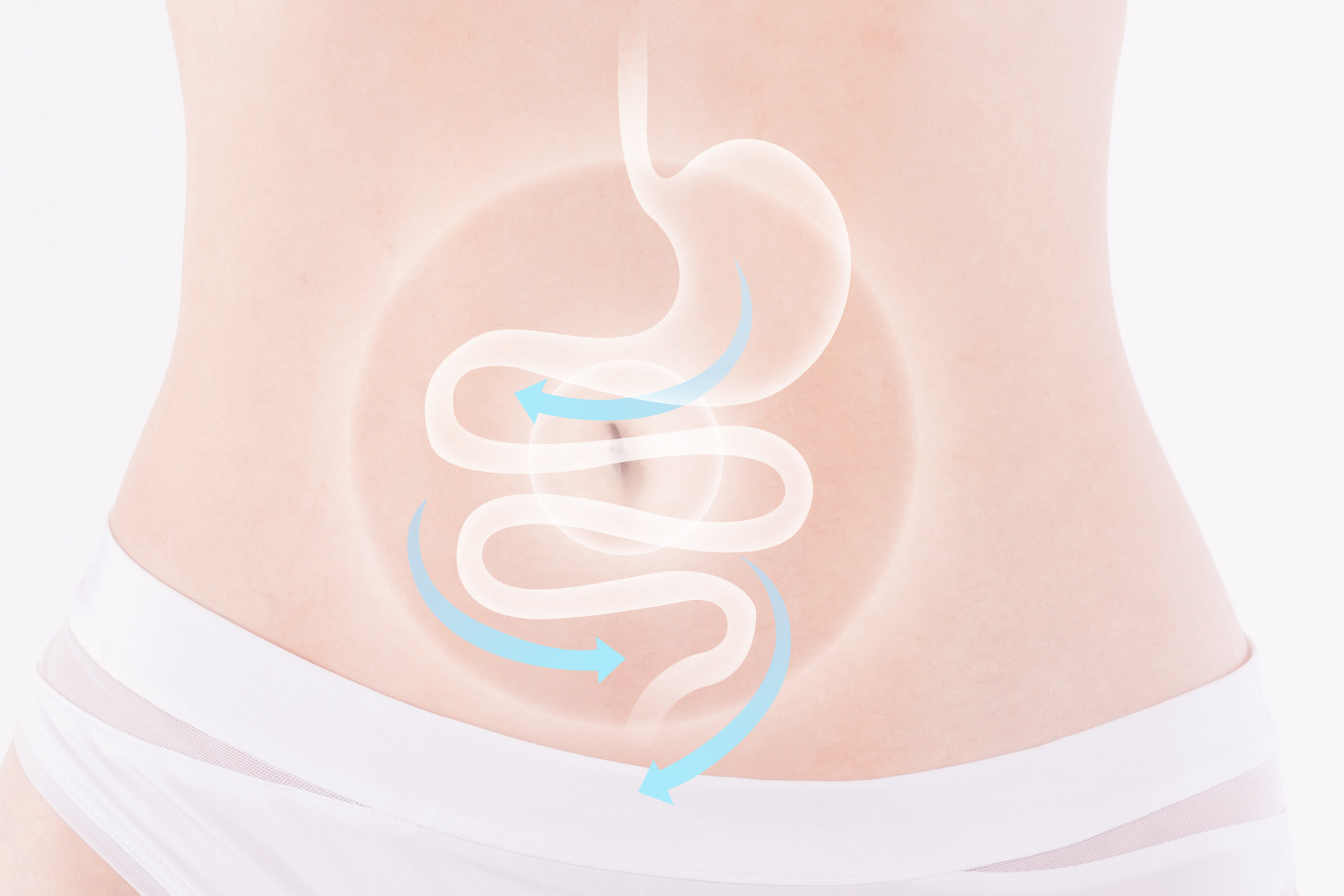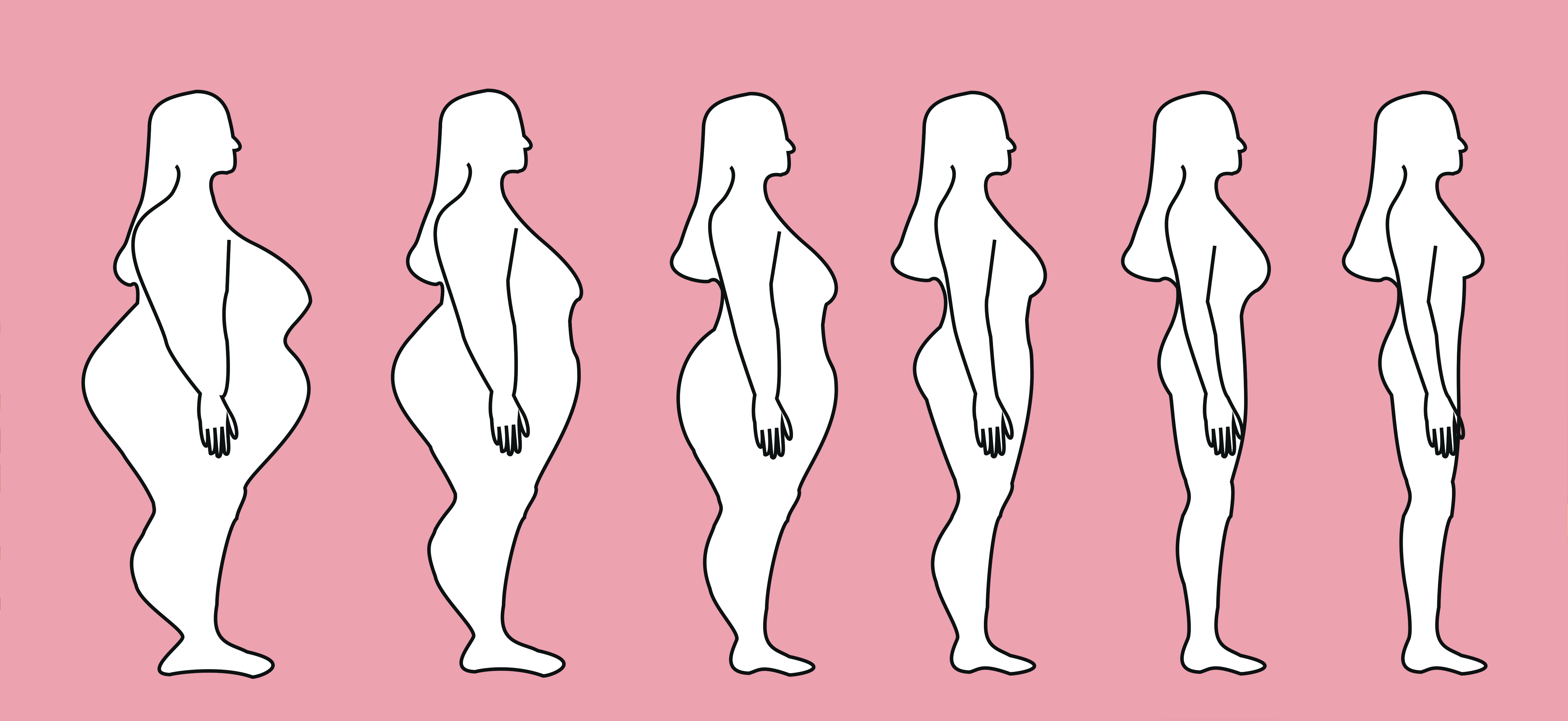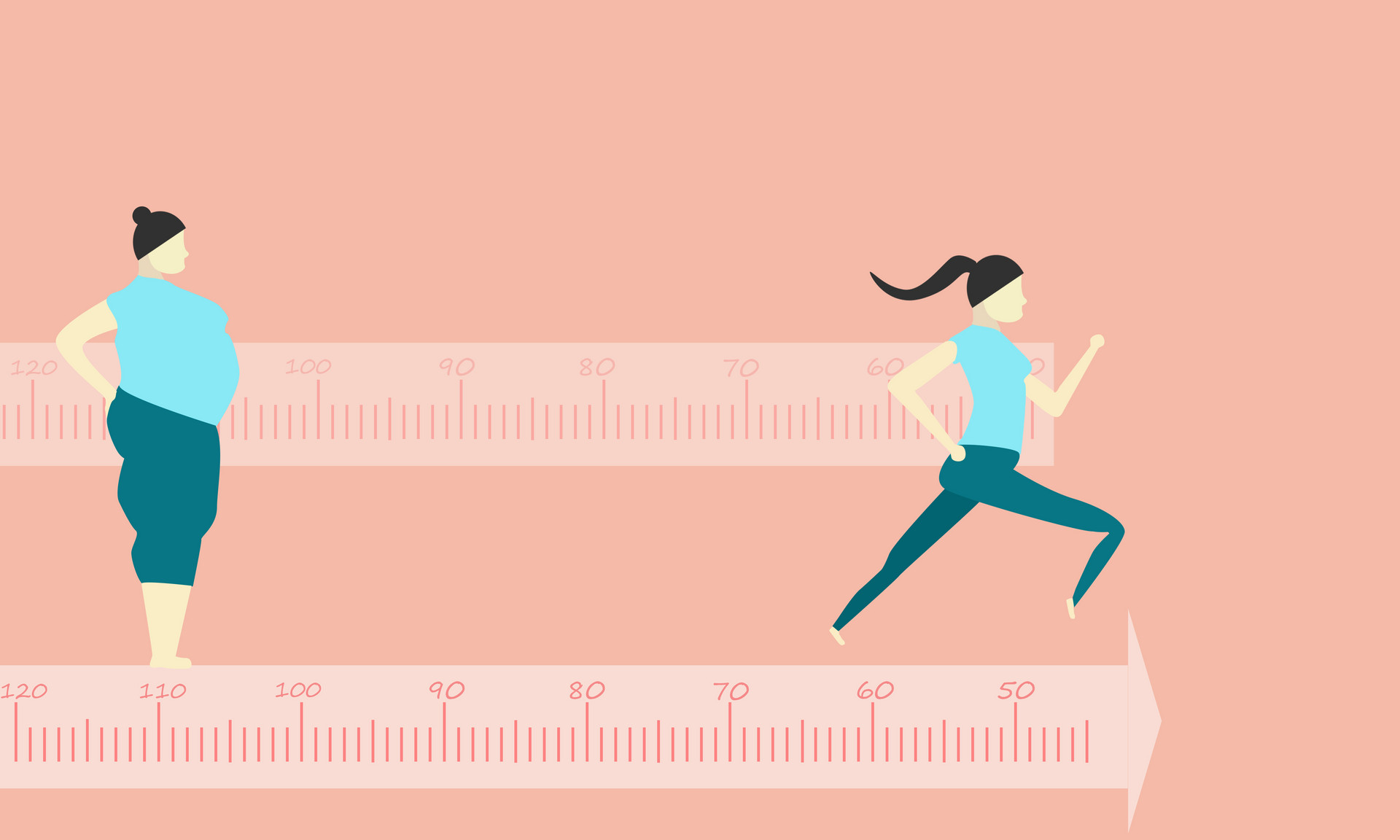In contemporary society, weight loss and body shaping have become a trend. Everyone is striving to become more beautiful through weight loss. However, weight loss is not a joke. Any reckless or unscientific actions may result in harm to the body or even more distress.
(1) Low-calorie diet can lead to sudden death
Reducing meals and limiting calorie intake is a common method of weight loss. If done properly, it can yield good results. However, it is important to maintain a minimum daily intake of 600 calories. Consuming fewer than 600 calories per day can be detrimental to the heart. Mild cases may experience changes in heart rate, while severe cases may develop the same heart disease as those who starve to death, increasing the risk of sudden death, medically known as cardiac arrest.
(2) Strict vegetarian diet can lead to hair loss
Along with the "weight loss fever" comes an increasing number of people experiencing hair loss. The number has tripled, with 20%-30% being young women aged 20-30. The key lies in the fact that the main component of hair is a protein called keratin, which requires sufficient amounts of trace elements such as zinc, iron, and copper. However, people who eat a vegetarian diet for weight loss only consume vegetables, fruits, and flour, leading to insufficient intake of protein and trace elements. As a result, hair falls out due to severe malnutrition.
(3) Rapid weight loss can lead to gallstones
During rapid weight loss, the supply of calories decreases sharply, causing an increase in the deposition of fat in the tissues. This causes the bile to become thick and leads to the formation of gallstones due to precipitation and crystallization. Slowing down the rate of weight loss, with a maximum weekly weight loss of 500 grams and three balanced meals per day, can prevent the onset of gallstones.
(4) Excessive weight loss can lead to memory decline
The remaining fat in the body can stimulate the brain, enhancing its ability to process information and improving short-term and long-term memory. Intelligent tests show that individuals with 15% excess weight score at least 28 points higher than average or underweight individuals. People with 20%-35% excess weight are the smartest. However, women who engage in dieting for weight loss experience varying degrees of memory decline. Those who diet for a longer period of time and lose more weight experience the greatest memory loss. Therefore, in order to protect your brain function, weight loss measures should be taken with extreme caution.
(5) Weight rebound can lead to heart disease
If weight loss is achieved through unreasonable methods and results in weight rebound, it can lead to heart disease. This has become a major threat to men over 40 who are trying to lose weight. It also provides an opportunity for the invasion of chronic infectious diseases such as tuberculosis and hepatitis. The incidence of conditions such as gastric prolapse, depression, and malnutrition also increases. Therefore, weight loss should be achieved through a combination of diet and exercise to consolidate the results and maintain stable weight to prevent rebound. If there is no such determination, it is better not to lose weight and maintain stable weight, which is more beneficial to overall health.
(6) Weight loss during adolescence can lead to amenorrhea
For women, there is a question of choosing the right time. Weight loss during adolescence is not recommended. This is because adolescent girls need to accumulate a certain amount of fat (about 17% of total body weight) to ensure the timely onset of menstruation and maintain regularity. If weight loss is done blindly, body fat decreases, and menstruation may be delayed, and those who have already started menstruating may experience menstrual disorders or amenorrhea.
(7) Weight loss during reproductive years can lead to infertility
Women in their reproductive years also need to accumulate sufficient fat to fulfill the important task of giving birth. Women need to have a body fat percentage of 22 or more before pregnancy to conceive, and a percentage of 28 or more to have enough energy reserves to sustain the "ten months of pregnancy" and the three months of breastfeeding after birth. From a global perspective, women in developed countries generally have a body fat reserve of 30% or more, while some economically disadvantaged nomadic tribes have less than 20%. As a result, the average age of menarche is delayed by 2-4 years, and the age of conception is delayed by 4-5 years compared to developed countries.
(8) Weight loss during breastfeeding can harm the baby's health
Weight loss often involves limiting fat intake, but fat is an important component of breast milk. When breast milk does not receive fresh fat from food sources, the body's regulatory system will use stored fat to produce milk. However, the stored fat may contain substances that are detrimental to the baby's health and development. Therefore, weight loss should be postponed until after weaning during the breastfeeding period.












